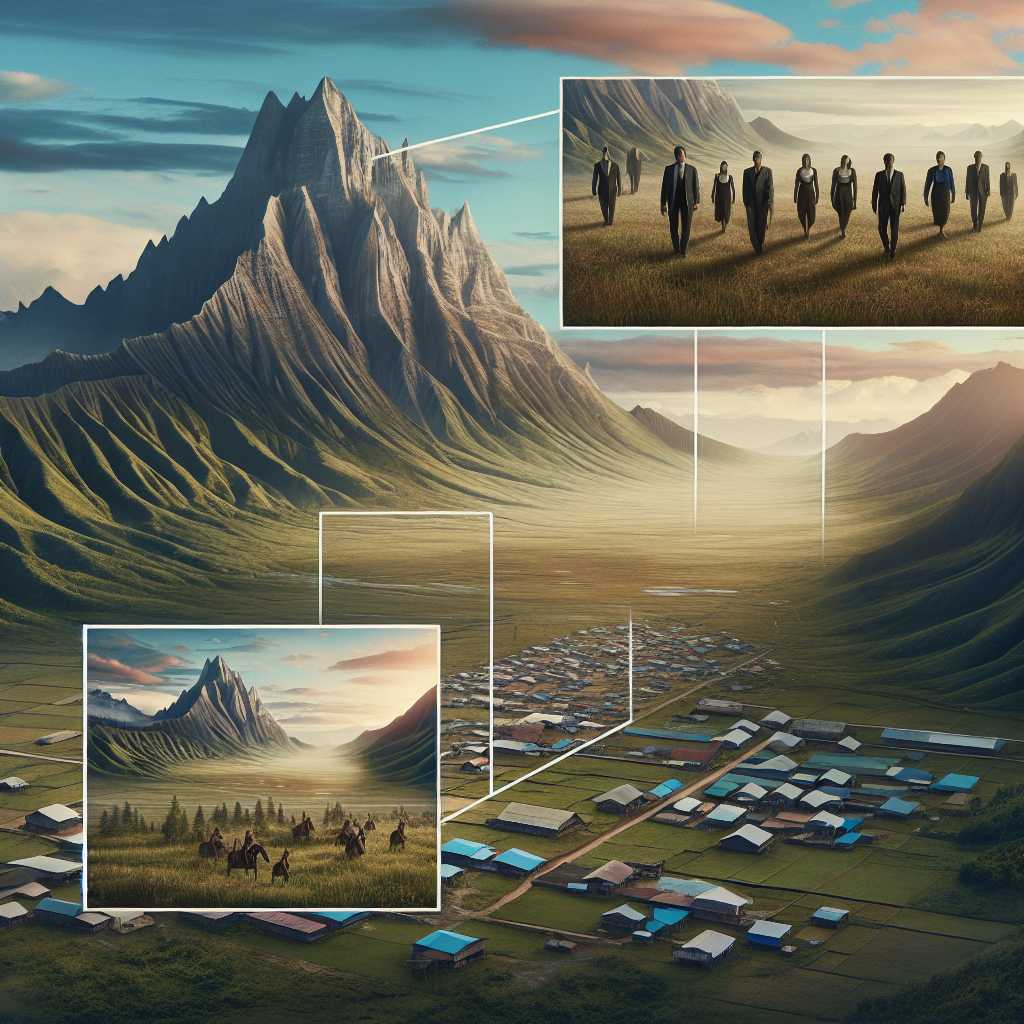North Korea: An Overview of the Hermit Kingdom and Its Place in the World
North Korea, officially known as the Democratic People’s Republic of Korea (DPRK), is a country that has fascinated and alarmed the global community in equal measure. Characterized by its totalitarian regime, self-imposed isolation, and nuclear ambitions, North Korea often features in global discourse as an enigma wrapped in mystery.
The Political Landscape of North Korea
North Korea is widely considered one of the last bastions of strict communist orthodoxy. The ruling Workers’ Party of Korea (WPK), led by the Kim dynasty since the country’s inception in 1948, maintains ironclad control over all aspects of North Korean life. From the heights of governmental authority to the daily lives of individuals, the WPK’s influence is profound and pervasive.
Kim Il-sung, the country’s founding leader, pioneered the philosophy of Juche: a blend of Marxism-Leninism with a strong emphasis on self-reliance. The regime currently led by his grandson, Kim Jong-un, continues to adhere to this ideology while simultaneously wielding an impressive cult of personality as part of maintaining power.
Economic Development and Challenges
Over the decades, North Korea has pursued a policy of economic autarky that has yielded mixed results. Despite abundant natural resources and a push for industrialization in the early stages of its development, North Korea’s economy remains fragile due to a variety of factors. These include sanctions imposed by the international community due to its nuclear weapons program, systemic management issues, and an inflexibility to adapt to global economic trends.
Moreover, periodic natural disasters coupled with an inability to procure sufficient agricultural yield have frequently endangered food security within the country, occasionally leading to famine.
The Military and Nuclear Program
North Korea boasts one of the largest standing armies in the world—which consumes a significant portion of its GDP—augmented by considerable artillery capabilities. Although its conventional military technology is outdated by most standards, immense resource allocation denotes how central military might is to North Korean strategy.
Most controversially though, is North Korea’s development of nuclear weapons and ballistic missiles, which it cites as essential deterrents against what it perceives as external aggression primarily from the United States. This defiance towards nuclear non-proliferation norms has resulted in stringent sanctions and international isolation.
Human Rights Concerns and International Relations
Reports from defectors and international agencies paint a grim picture of human rights within North Korea. The government curtails freedom of speech, movement and assembly rigorously; it operates labor camps for political prisoners; it carries out public executions; and utilizes torture. These allegations consistently strain its relations with international organizations and most countries around the world.
Engagement on either diplomatic or economic fronts remains challenging, although there are episodic attempts at dialogue—particularly concerning de-nuclearization. While countries like China maintain certain levels of alliance with North Korea stemming from historical ties and pragmatic considerations (such as a mutual interest in regional stability), North Korea remains largely detached from international cooperation.
Society and Culture
Insights into day-to-day existence in North Korea are limited due to extreme information control by the state; however, what little is known suggests a society marked by hardship yet steeped in cultural traditions. The regime heavily monitors dissemination and access to external media or information – internet access is exceedingly restricted and foreign content is often deemed illegal.
Despite this insulation from much of the outside world’s cultural evolutions, there is evidence that smuggled goods, such as South Korean music and television shows, find their way into civilian hands—an interesting reflection on how North Koreans engage with forbidden culture quietly but persistently.
Mount Paektu and Nationalism
No discussion about North Korea would be complete without delving into Mount Paektu—an active volcanic mountain that holds profound significance for all Koreans but has been elevated to mythological status in DPRK propaganda. Pyongyang insists Kim Jong-il was born ban Paektu (a claim disputed by external experts), thus weaving the mountain into its narrative tapestry.
Symbolizing not just natural wonder but also s heart for Korean identity—the importance placed upon Mount Paektu provides valuable insight into how nationalism operates within North Korea as both a unifying cultural sentiment and an instrument wielded by state.
